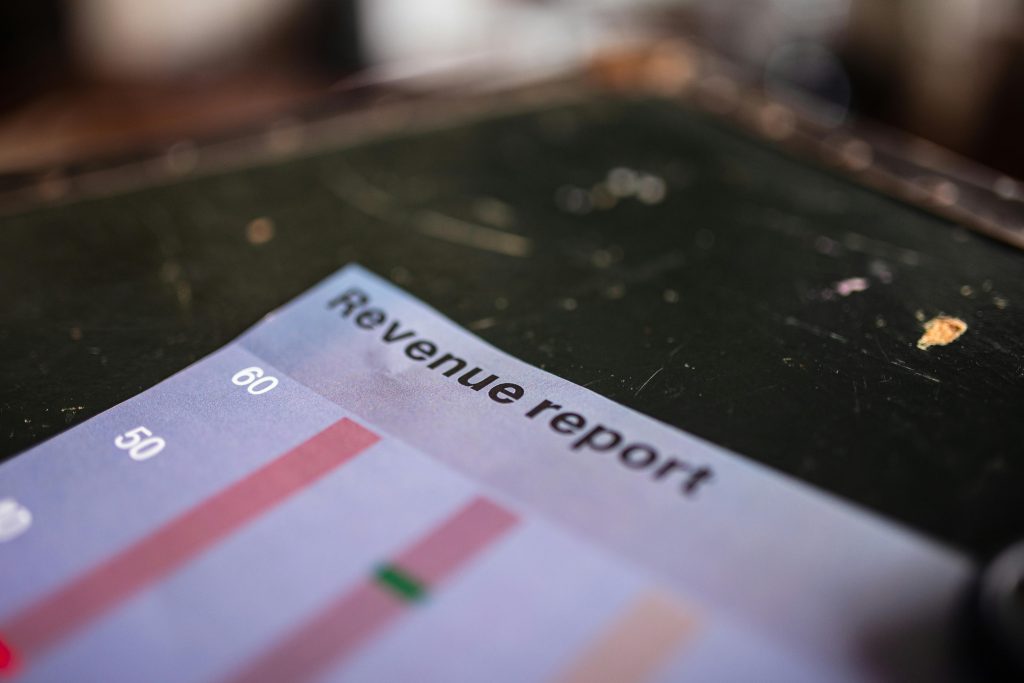Inflation is defined as a price rise in commodities. For example, a cup of coffee of 100 ml was available for 30 IDR then the same cup of coffee is now available for 35 IDR. Inflation in Indonesia has always been a cause of concern for a lot of people including business owners and consumers. However, in this blog, we will discuss the current inflation rate in Indonesia, the causes of the inflation, and the impact that it has on restaurant owners.
Current inflation rate in Indonesia
As of 2024 inflation in Indonesia has moderated as compared to the previous years. According to Bank Indonesia (BI). The Indonesia CPI (Consumer Price Index Indonesia) decreased from 106.28 points in June to 106.37 points in May 2024. This represents a deceleration in higher rates seen during the supply chain disruptions that happened because of the Ukraine War. Inflation still remains to be a major concern.
Causes of Inflation in Indonesia
Inflation majorly happens because of demand-supply fluctuations and is driven by both domestic and international factors.
Global Commodity Prices
Indonesia like other countries is highly dependent on food and fuel imports and due to geopolitical tensions, the global fuel prices rose, and because of this the transportation and production sectors were severely affected. Imports became expensive and because of that lesser amount of resources were imported.
Currency Depreciation
The exchange rate affects the imports in a bad way. The Indonesian Rupiah is weaker than the US dollar. This is the major reason for imports becoming expensive, and the production of goods and services that are dependent on imports becomes even more expensive.
Supply chain Disruptions
Indonesia imports mostly electricals and electronics from outside and these items form the core of the manufacturing sector. The global supply chains have been affected massively during the pandemic when the whole world closed its borders because of this, these items became expensive.
Domestic demand pressure
On the domestic front, there is a rise in demand for goods and services. The Spending power of people is improving after a dip during the pandemic, and the production of goods has slowed down because of which there’s a mismatch in the demand and supply. This mismatch causes the price rise.
Government Policies and subsidies
The Indonesian government constantly keeps an eye on overnight poly rates to control inflation and it has the power to decide the direction of the country’s economy. It is currently giving subsidies on fuel. This is responsible for the current rates of goods and services. The government is planning to cut these subsidies to improve the fiscal deficit and because of that the transportation prices will rise and will have a negative impact on prices of other goods and services.
Impact of Inflation on Restaurants in Indonesia
Rising Cost of Ingredients
As we read above the ingredients will become much more expensive because of the rise in the price of transportation and you will have to adjust the prices of items on your menu accordingly. This will make the end product expensive for the customers and will alter their choices.
Increased operational costs
Not only does the price of ingredients rise but the price of transport, utilities, and rent also rises. Expensive fuel means expensive electricity too. This will make the cost of operating the equipment expensive and this raises the overall cost of operation. You would have to resort to techniques like using cheaper quality products and their alternatives or reducing the portion sizes which might affect the customer experience negatively.
Labor costs and consumer behavior
As the cost of living rises the pressure to increase the wages of your restaurant staff to retain them. You will find difficulty in not passing these costs to your customers. Customers will hesitate before spending more during times when prices are high. They will start preferring home-cooked meals and or cheaper dining alternatives.
In summary, inflation in Indonesia, exemplified by rising costs remains a significant concern. As of 2024, the inflation rate has moderated to 2.7%, but challenges persist. Key causes include global commodity prices, currency depreciation, supply chain disruptions, domestic demand pressure, and government policies. For restaurant owners, inflation leads to higher ingredient, operational, and labor costs, altering pricing strategies and consumer behavior. Adapting to these changes is crucial for you to survive in this volatile situation.




